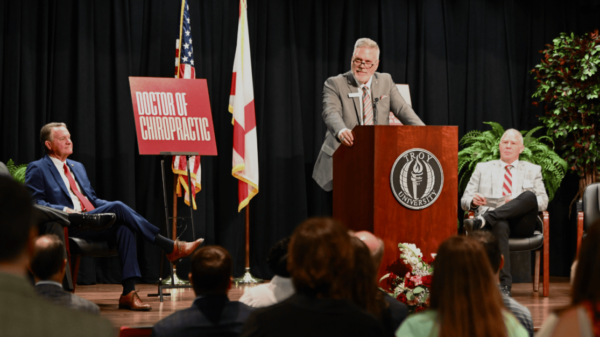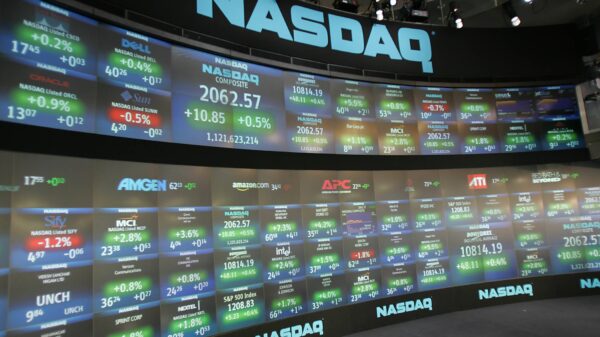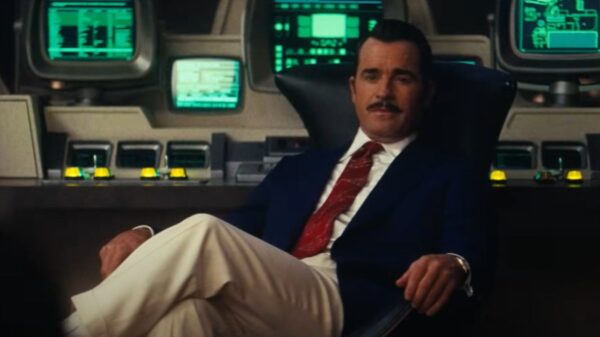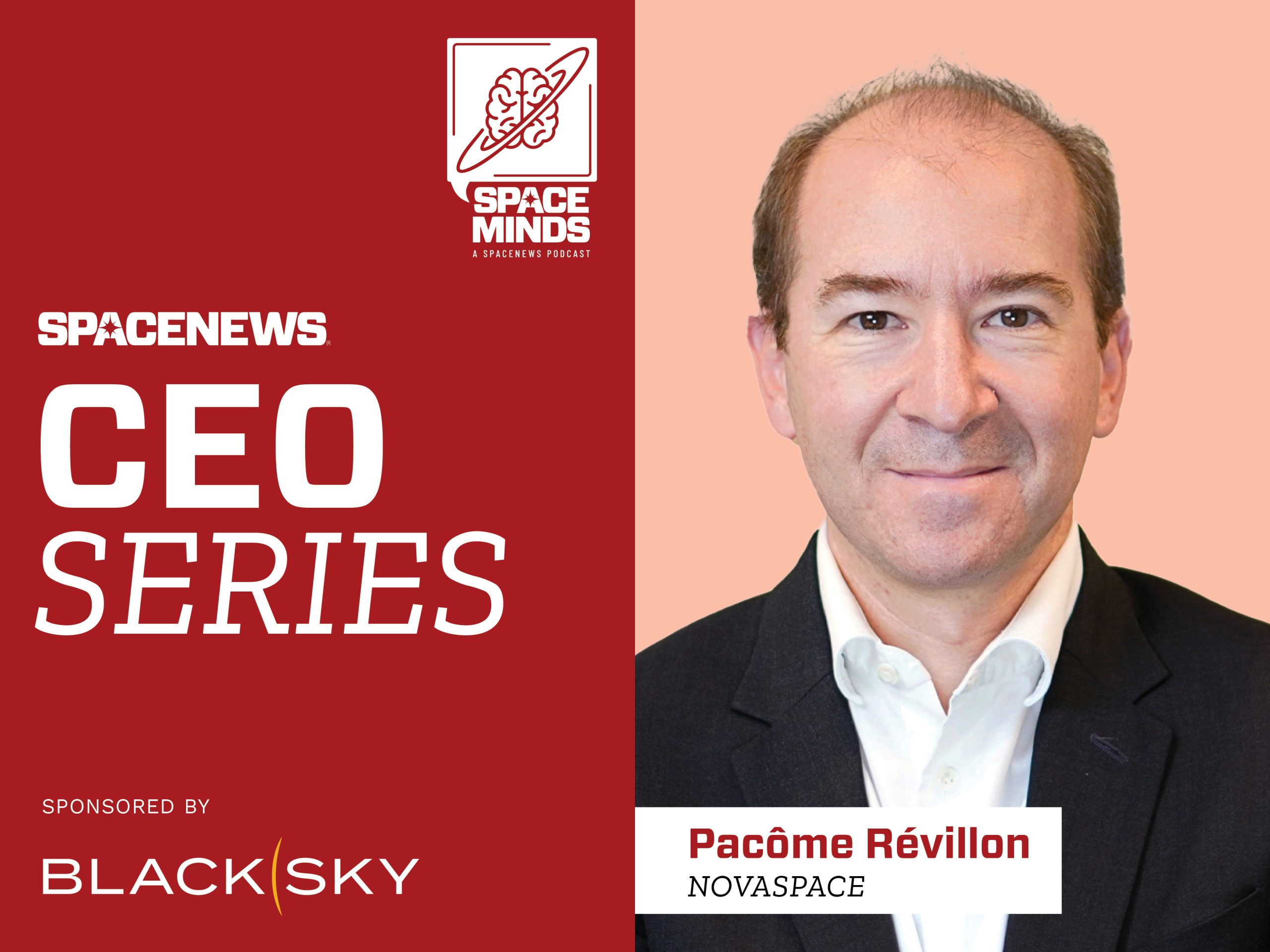The World Space Business Week in Paris has highlighted significant advancements in the space industry, particularly in direct-to-device satellite communications. During a recent episode of the Space Minds podcast, Mike Gruss, editor of SpaceNews, interviewed Pacome Revillon, CEO of Novaspace, who shared insights into the evolving landscape of space communications and defense strategies. Key topics included the surge in defense spending, the role of dual-use technologies, and the increasing importance of sovereignty in global space operations.
Direct-to-Device Satellite Communications Explored
Revillon emphasized the rapid acceleration of direct-to-device (D2D) communications, marking it as a critical development in the market. He noted that recent announcements from companies such as EchoStar and SpaceX have underscored the competitive nature of this sector. The CEO described the current environment as a race, driven by the need for spectrum access and innovative network solutions.
“D2D was once seen as a long-term prospect, but now it’s evolving rapidly,” Revillon stated. He elaborated on the strategic implications of spectrum usage, whether through partnerships with mobile network operators or developing proprietary networks. He anticipates that the D2D market could potentially reach 300 million users by the end of the decade, contingent on regulatory approvals and successful network deployment.
Defense Spending and Dual-Use Technologies Take Center Stage
The discussion also turned to the rising defense budgets globally, particularly in response to current geopolitical tensions. Revillon pointed out that NATO countries have been increasingly allocating funds towards defense capabilities, which are expected to include substantial investments in space. He indicated that while space constitutes a small portion of overall defense spending, its significance is growing as it now plays a critical role in real-time military operations.
“Governments are increasingly focused on what capabilities should remain sovereign versus what can be acquired through industry partnerships,” he explained. This trend towards dual-use technologies—those that serve both civilian and military purposes—reflects a broader strategy to enhance national security through improved space capabilities.
Revillon highlighted that leading companies like Airbus are already leveraging this shift, having established agreements with multiple countries to enhance their defense-related services. The surge in demand for remote sensing and analytics technologies has also shaped the competitive landscape, prompting companies to innovate rapidly to meet military needs.
In terms of market dynamics, Revillon predicted that the space economy, currently valued at approximately $596 billion, is on track to reach $944 billion by 2033. This growth underscores the increasing relevance of space in addressing strategic, social, and economic challenges globally.
As the industry adapts to new challenges and opportunities, the potential for mergers and acquisitions is expected to rise. Revillon noted that there have been over 50 significant transactions annually in recent years, indicating a trend towards consolidation as companies seek to scale and enhance their market positioning.
Looking to the future, Revillon acknowledged the competitive landscape shaped by nations like China, which continues to advance its capabilities in space exploration and technology. The CEO emphasized that while direct discussions around China were limited during the conference, its influence is undeniable, particularly in the context of global defense and industrial competition.
Lastly, the integration of artificial intelligence in space applications is poised to transform the industry. Revillon discussed the immediate uses of AI in remote sensing and analytics, though he cautioned against relying on it for critical operations without adequate oversight. As the next generation of engineers enters the field, their familiarity with AI is expected to drive further innovation and application in space technology.
The insights shared during this special edition of the Space Minds podcast encapsulate a pivotal moment in the space sector, where advancements in technology and strategic shifts in defense are converging. As the industry evolves, it remains crucial to monitor these developments and their implications for the future of space exploration.








































































